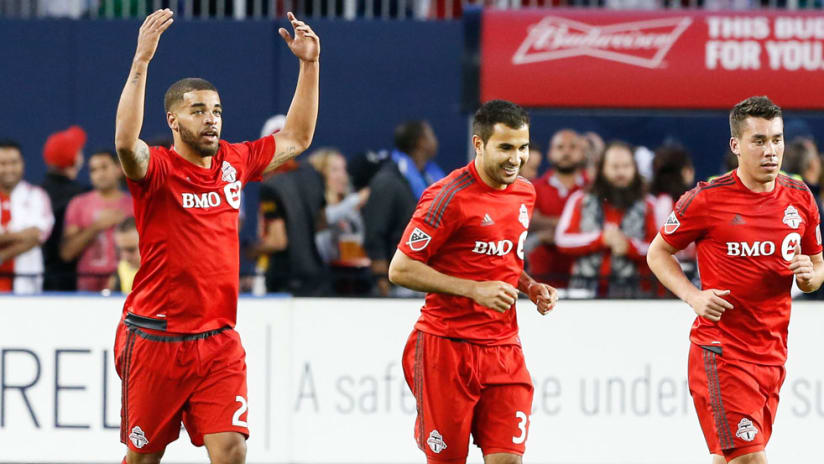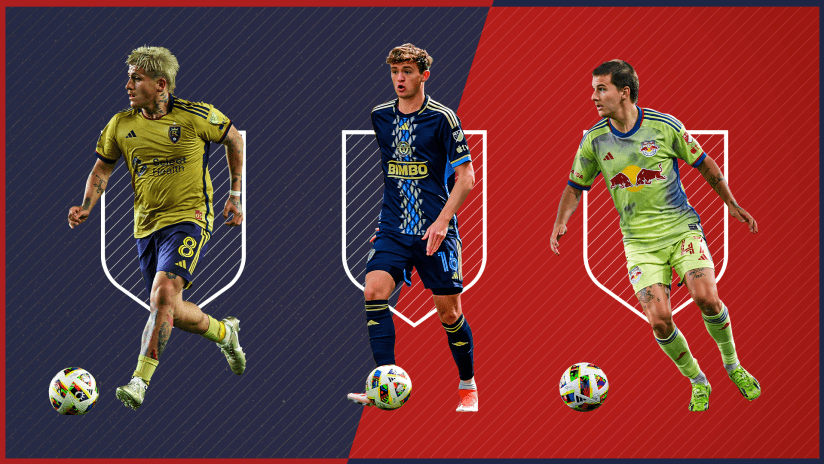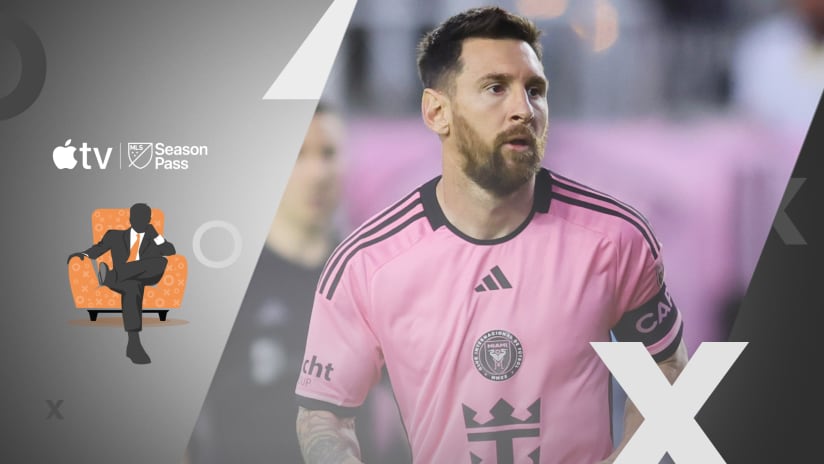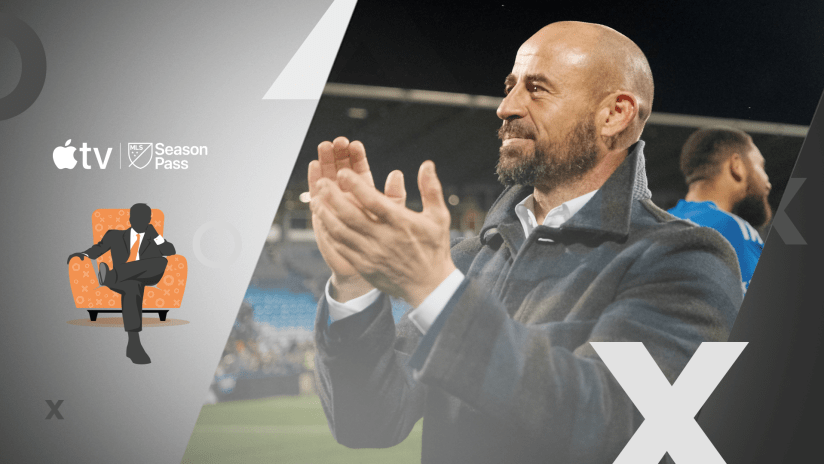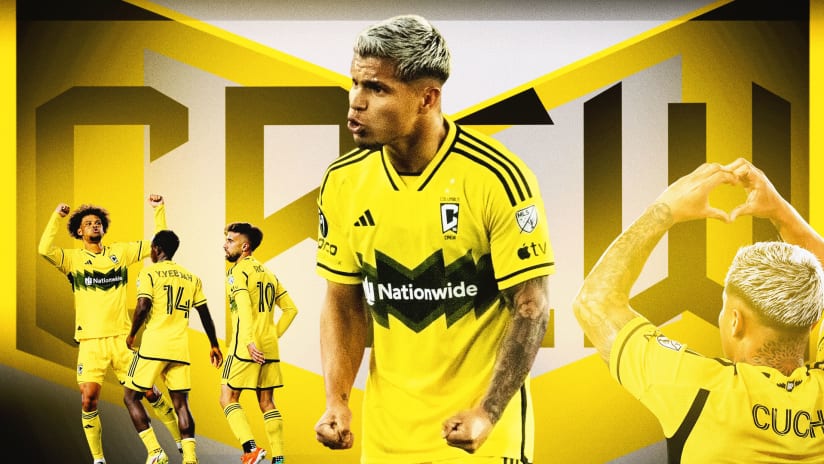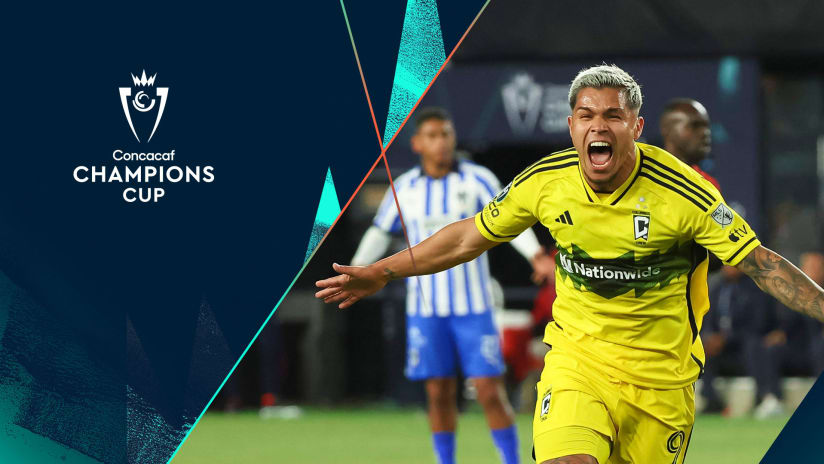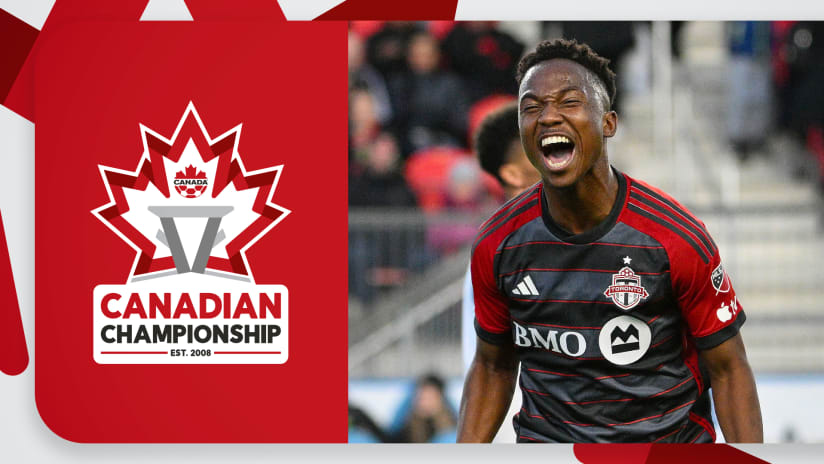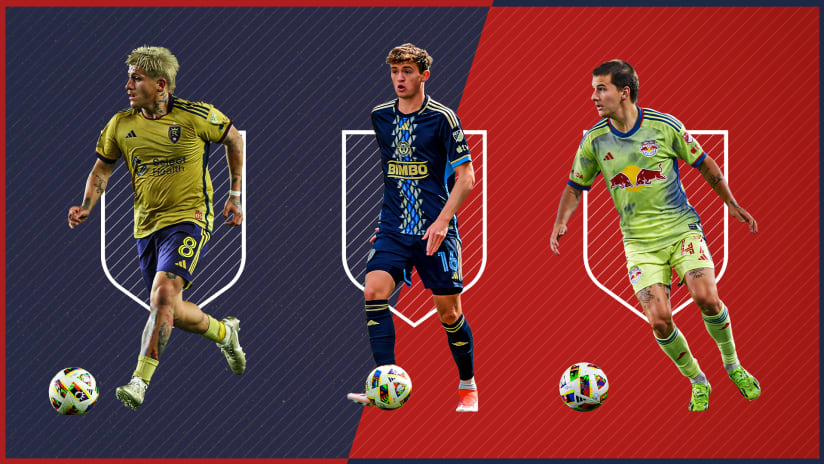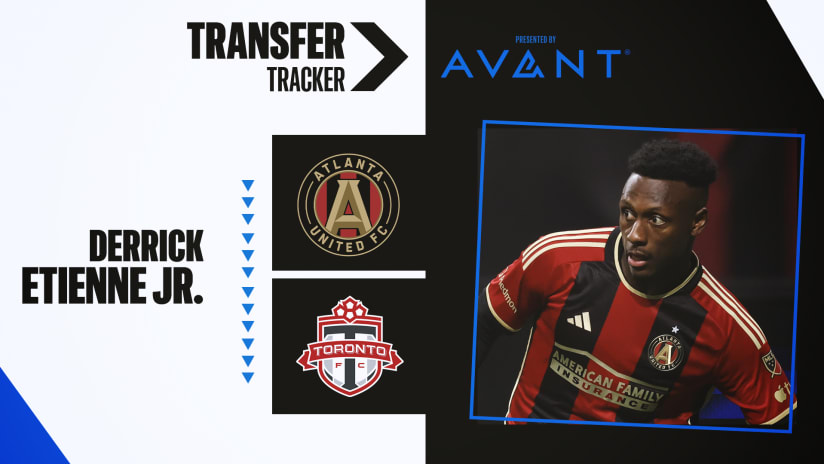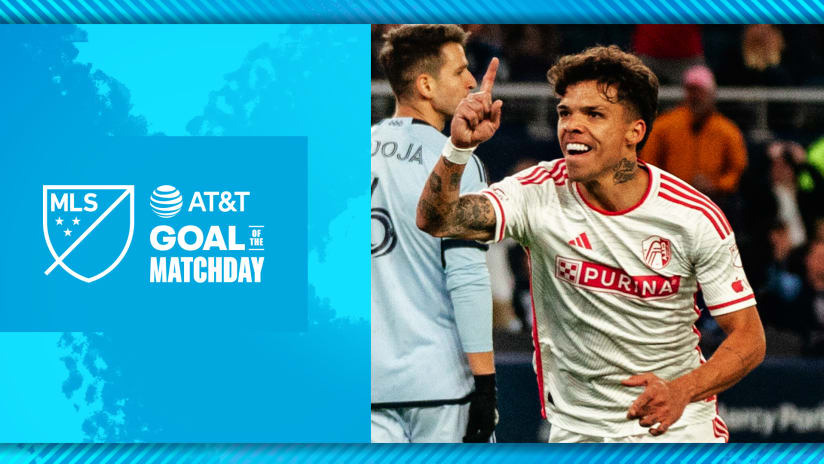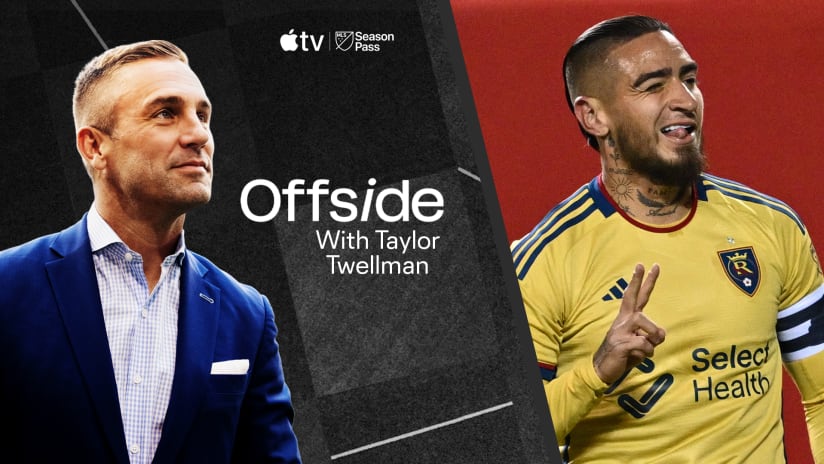Welcome to the Wednesday Q&A series, where we focus on one particular topic – today's being a tour around the league – and ask you to react, share, and discuss in the comments section. However, feel free to ask about anything game-related (MLS, USL, NASL, USMNT, CanMNT, etc.) over the next several hours.
Let's start this Q&A with a question that's been influential in the subtext of every decision MLS has ever made:
MLS teams need to be able to produce their own players by the bushel in order to become "a league of choice," as Commissioner Garber has referred to it on many occasions, and the only way that happens is with long-term investments, a methodical approach to talent identification and development, and then, eventually, playing time. The kids in the RSL or RBNY or TFC academies now have to have the opportunity to get onto the field at some point and prove that they can be the next Justen Glad or Alex Muyl or Jordan Hamilton. Or better yet, they can prove they're the American/Canadian Laurent Ciman or Fabian Castillo or Fanendo Adi.
In the long run it is more cost-effective to train those players at home than it is to go shopping for them overseas, and in general it's better for the kids. This is as true for non-Americans as it is for Americans: Most great Argentine players come out of Argentinean academies; most Spaniards out of Spain; most Germans out of Germany. Add to this that there's no guarantee every overseas signing will work out -- for every Adi there's a Dairon Asprilla, for every Castillo there's a David Texeira, etc. -- and it becomes pretty easy to do the math.
If all first-team spots are already occupied by imports, then fewer and fewer academy prospects will break through. The knock-on effect means there will be fewer resources put toward creating new players, enmeshing the entire league into a cycle of "buy" rather than "build." A butterfly flaps its wings in Australia, and half a world away the infrastructure of a growing soccer league comes crashing down... which means there's no Matt Miazga to Chelsea, no Andy Najar to Anderlecht, no DeAndre Yedlin to Tottenham. And MLS would cede its small but growing position in the international market.
No league -- not even the EPL -- can afford to be so brazen with regard to youth development. And beyond that simple truth is this: Local players matter. Having guys who grew up with the club and know what it means provides a type of intangible benefit that is... oh hold on, Alexi's interrupting again:
It's in MLS's best interest to develop US & Canadian players, so it's each team's responsibility to itself. Partially that's because of the above, and partially that's because many Homegrown players will go on to represent the US and Canadian national teams (still the gateway drug for soccer in mainstream North American sports cultures). Bill Hamid matters in D.C. in a way that Scott Garlick didn't (sorry, Scott); Jordan Morris in Seattle, Kellyn Acosta in Dallas, Gyasi Zardes in LA, etc. etc. ad infinitum. There is a level of community involvement present when they wear the jersey that resonates with a large and growing segment of fans.
Each MLS team has to have plan in place to harness that and build from it. To paraphrase Sporting KC CEO Robb Heineman: The goal isn't to go out and sign 11 Lionel Messis; it's to create 11 Lionel Messis from the academy, taken from local youth players and coached up over the years.
Obviously that's the impossible dream, but the reality underpinning it is the genesis-level question of MLS as a league: Can it become a league of choice, and if so, what's the best way to get there?
The answer has to begin and end at home.
Ok folks, thanks for helping me kill another afternoon. Enjoy the games!

